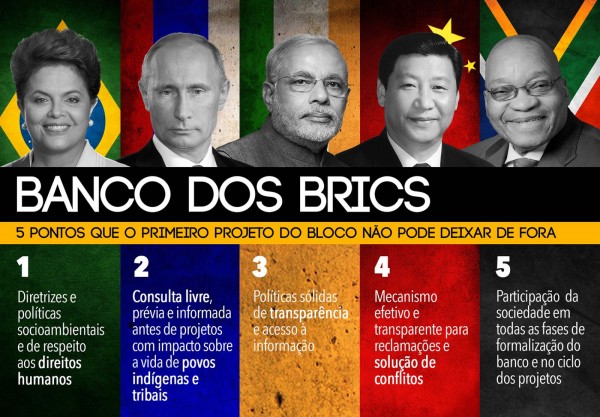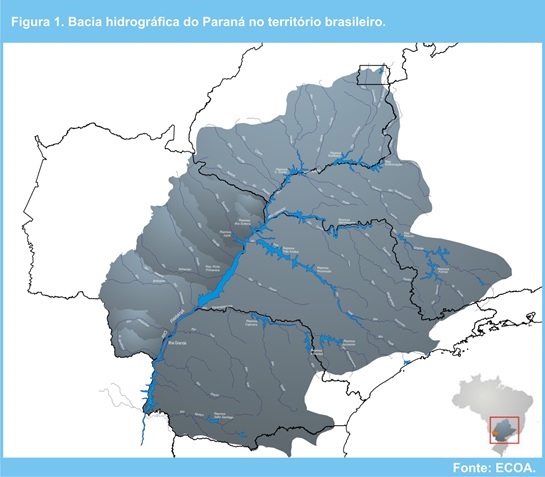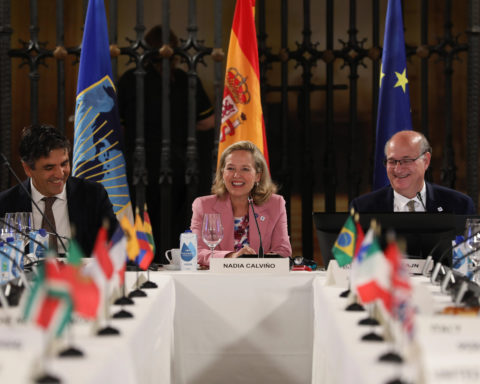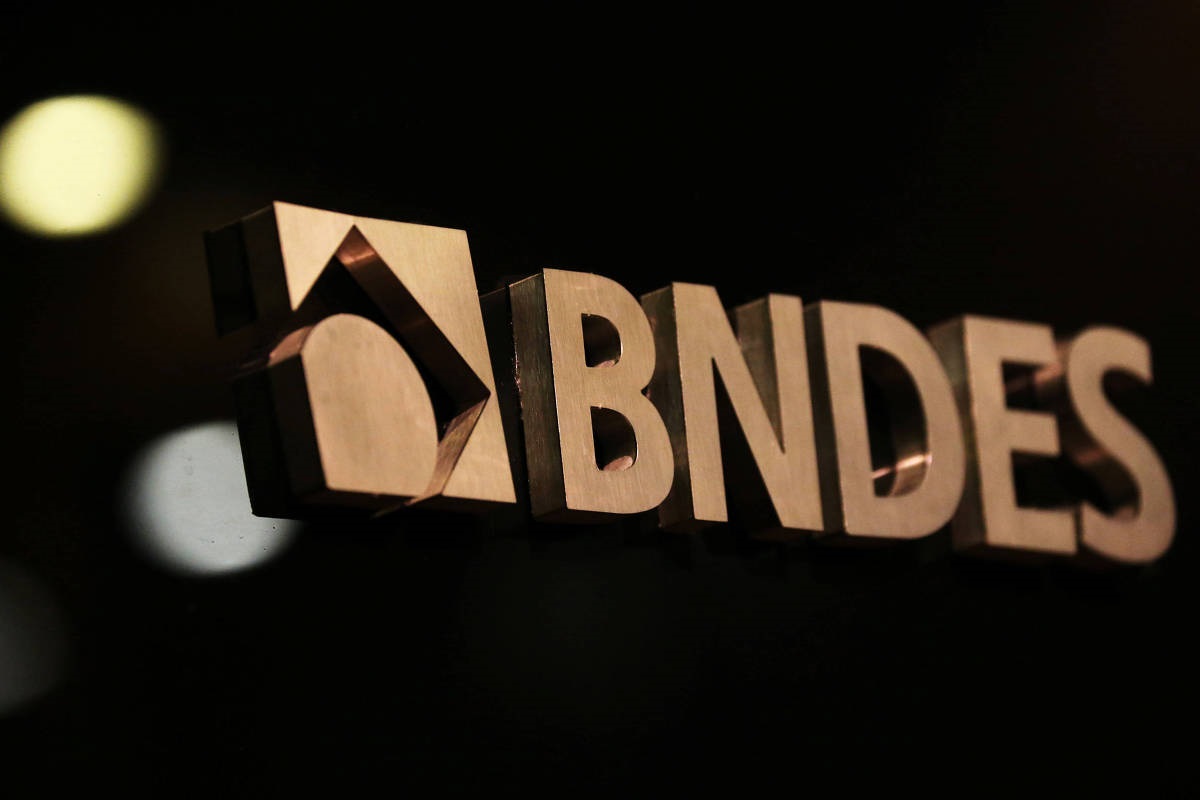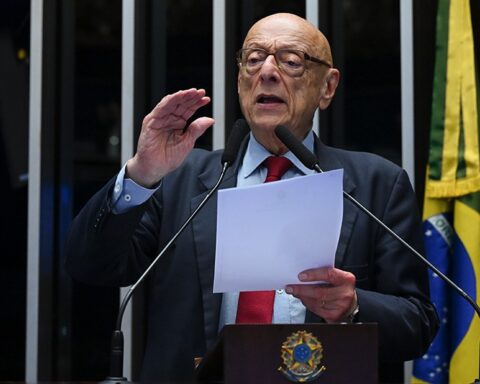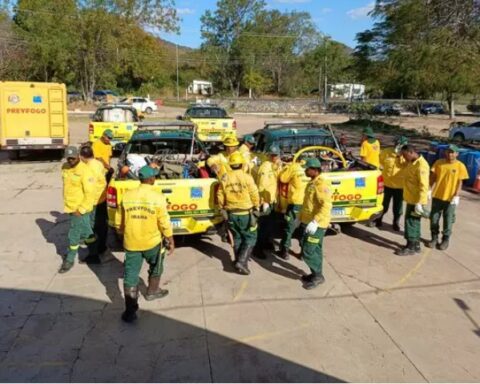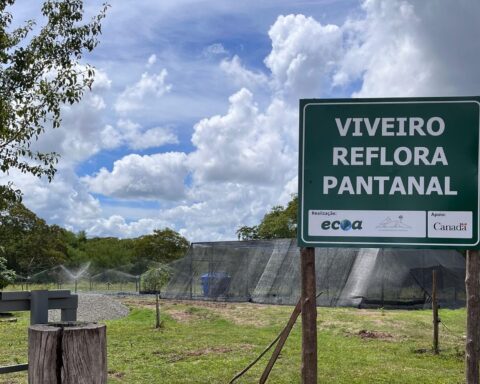Na esteira da reunião de governadores do Banco de Desenvolvimento (New Development Bank) dos BRICS (Brasil, Russia, India, China e Africa do Sul), organizações da sociedade civil enviaram carta ao Banco solicitando que abra um processo transparente e participativo para garantir que as comunidades e o ambiente não sejam prejudicados por atividades financiadas pela instituição financeira. A Ecoa é uma das organizações que assinam o documento.
Leia a carta em inglês abaixo:
30 November 2015
Letter to the BRICS New Development Bank
We, the below mentioned civil society organizations from BRICS countries and countries which may likely be impacted by BRICS investments, write to you on the heels of the New Development Bank’s (‘NDB’) Board of Governors meeting 20 November 2015. We understand that this meeting was to include discussion on the preparation of the NDB’s internal policies. As the NDB begins developing its policy framework, we urge you to ensure that this policy development takes place as part of a transparent and participative process, with broad civil society representation.
We applaud the BRICS countries’ efforts to create a New Development Bank for a new kind of development. We believe that development should address the needs of poor communities and marginalized groups, that it should be built on principles of sustainability, equality, participation, and accountability, and buttressed with robust social and environmental standards.
Currently, we have not seen evidence that the NDB is taking steps towards establishing inclusive, transparent, or participative development processes, as many have hoped. There is little to no public information regarding the Bank’s processes or plans for the development of operational policies and structures, and multiple requests for information to NDB’s public email address have received no response.
According to news reports, the NDB is set to begin project financing in April of 2016 and has already selected its first projects. At the same time, the Bank has not yet established an operational policy framework or social and environmental safeguards. It does not have a process for engaging with civil society organizations or conducting consultations with communities which stand to be affected by NDB-financed projects.
In order to create a sound institution that is able to deliver meaningful development, it is critical that the NDB establish a robust policy and operational framework that ensures transparency, participation, and accountability in project selection, design, implementation, and monitoring, and that includes the necessary due diligence to ensure that NDB-financed activities do not cause or contribute to human rights abuses. The NDB should learn from the experiences of existing international finance institutions and build upon established best practice with regard to social and environmental standards and due diligence. Failing to do so is simply unacceptable.
We respectfully request a meeting with NDB representatives in order to discuss these issues further and to open a process of dialogue.
We additionally call on the members of the Board of Governors of the NDB to:
1. Establish a mechanism for transparent communication with the public and meaningful engagement with civil society, especially those communities who stand to be impacted by NDB-financed activities;
2. Develop a plan for participative development of an operational policy framework, which includes meaningful and effective consultations with civil society;
3. Ensure that this plan in its timeline, communication strategies, and execution provides for participation of the communities which will be most impacted by NDB-financed activities;
4. Through this participative process with civil society, develop a policy framework that ensures transparent, accountable and rights-respecting development, including, among other things, robust due diligence including assessment and management of social and environmental risks and impacts; community participation in the selection, implementation, and monitoring of projects; and provisions to ensure respect for the rights of women and girls and persons with disabilities; the right to substantive equality and non-discrimination; the rights of indigenous peoples, including free, prior and informed consent; access to justice and remedy; and access to information.
5. Ensure that the NDB’s operational framework is an improvement on those of other multilateral development banks by a) placing people-centered sustainable development at the core of the NDB’s mission, and b) moving beyond centralized, large-scale megaprojects to instead prioritize those transformational projects that serve the real needs of poor communities and marginalized groups.
We thank you for your consideration of these important issues. We would be happy to offer more information and feedback in order to ensure the NDB fulfills its potential to finance a new and truly sustainable kind of development.
Sincerely,
Centre for Applied Legal Studies, South Africa
Conectas Direitos Humanos, Brazil
Vasudha Foundation, India
Russian Social Ecological Union, Russian Federation
Asia Indigenous Peoples Pact, Asia
Zo Indigenous Forum, India
Foundation For Environmental Rights, Advocacy & Development (FENRAD), Nigeria
Krasnoyarsk regional environmental public organization “Plotina”, Russian Federation
Naga Peoples Movement for Human Rights, India
OT Watch, Mongolia
Rede Brasileira Pela Integração dos Povos (REBRIP), Brazil
Ecoa- Ecologia e Ação, Brazil
Southern African Faith Communities’ Environment Institute, Southern Africa
Borok Peoples Human Rights Organisation (BPHRO), India Borok Indigenous-Tribal Peoples Development Centre (BITPDC), India
Initiative For Women Empowerment & Development (IWED), Nigeria
Rivers without Boundaries International Coalition, China-Mongolia-Russian Federation
Indigenous Perspectives, India
Centre for Research and Advocacy, Manipur (CRAM), India
Society For Economic Rights & Social Justice (SERSJ), Nigeria
Lumière Synergie pour le Développement, Senegal
Fundación Ambiente y Recursos Naturales (FARN), Argentina
CBS Center for Bangladesh Studies, Bangladesh
Réseau Camerounais des Organisations des Droits de l’Homme (RECODH), Cameroon

